

(Source: wikimedia.org) |
No man is an island entire of itself;
|

(source: New York Times, Inc.) |
". . . My cousin named Samoa, in Modesto, Calif., contacted me on Facebook to ask if I would pick up Opi, his 64-year-old father, who lives on the mountain above the coastal village of Leone, and bring him to my house. So I loaded the children into the
car and drove over there. But Opi could not think of leaving his beloved Leone. I listened intently as he told the story of his day."
|
Caring for happens in face-to-face encounters in which one person directly cares for another. |
Caring about is described as "One acknowledges.One affirms. One contributes five dollars and goes on to other things." |

Professor Steven Strogatz, Cornell University |
"The distinction between genuine friends and acquaintances is becoming blurred. Users are spending time maintaining relationsips with people they don't really care about." |

Joel Patterson, editor Surfer Magazine |
"iPhones, Twitter, and Facebook have made comfort zones portable. Our cell phones work on the top of Machu Picchu. The world is shrinking. " |
 |
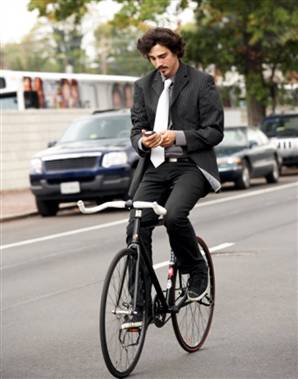 |
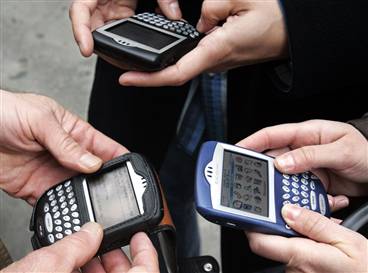 |
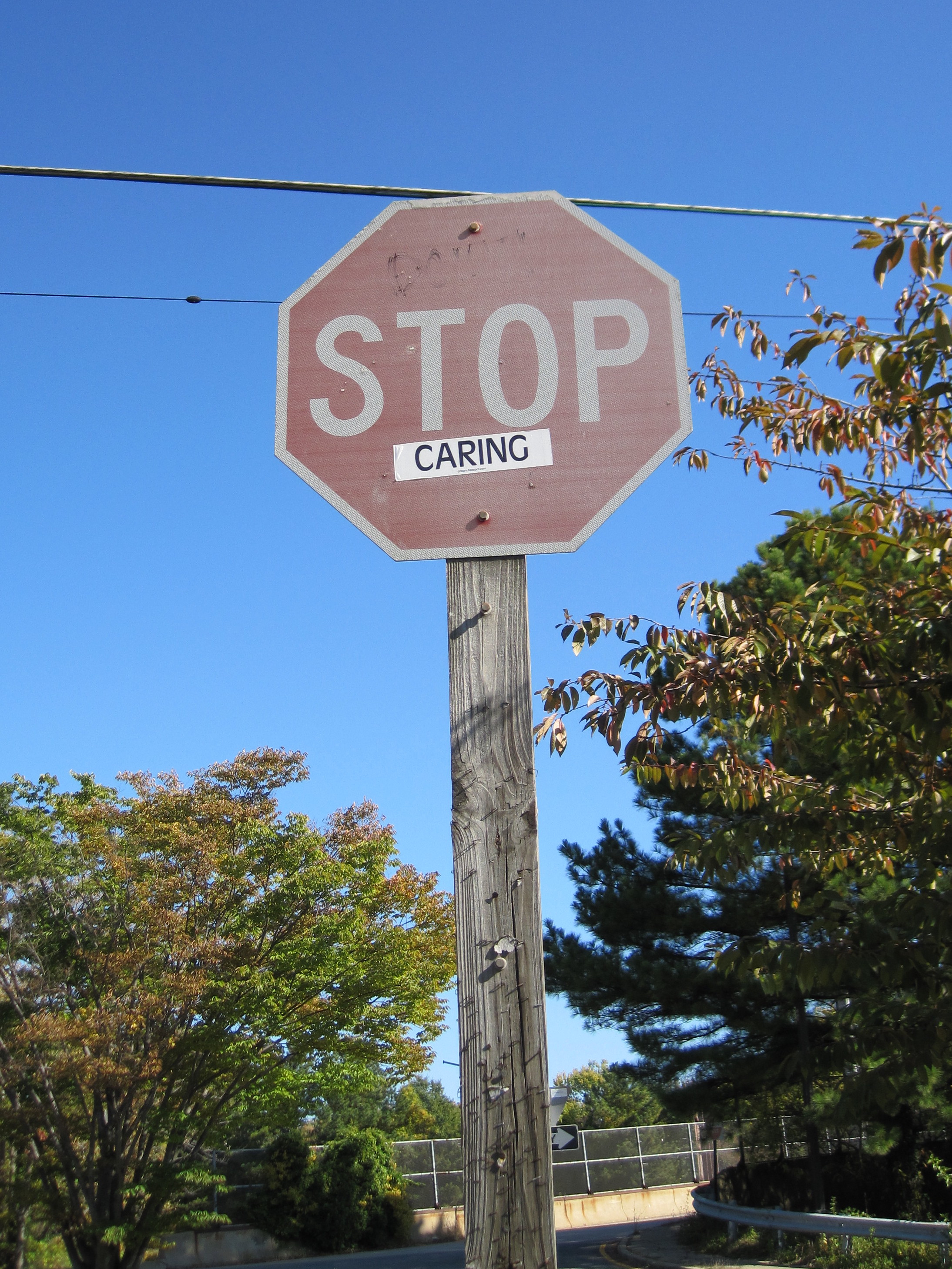 |
When can we say - to hell with it. There's too much distress, too much misery, if I'm always entering sympathetically into everyone else's suffering then there is twice the suffering. When can we say - I'm out of here. |
If such images become easy to access and are available 24/7, might we evelop an indifference to the vision of human suffering? Studies have found that social networking sites such as Twitter result in streams of information that overwhelm the brain to the point where it becomes difficult to truly embrace the complexity of situations. |
News about natural disasters spread so quickly that we are virtually there. A recent example was the use of social networking tools to spread news about Typhoon Morakot, which struck Taiwan in August, 2009. If we see it for ourselves in real-time, we may be able to operate from an ethics of care. |
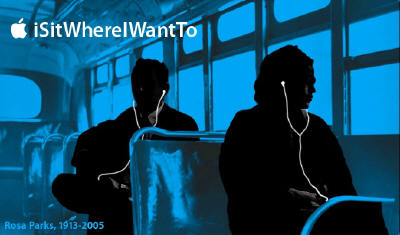 |
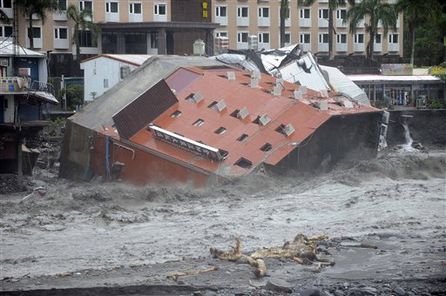 |